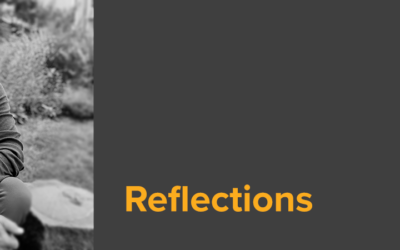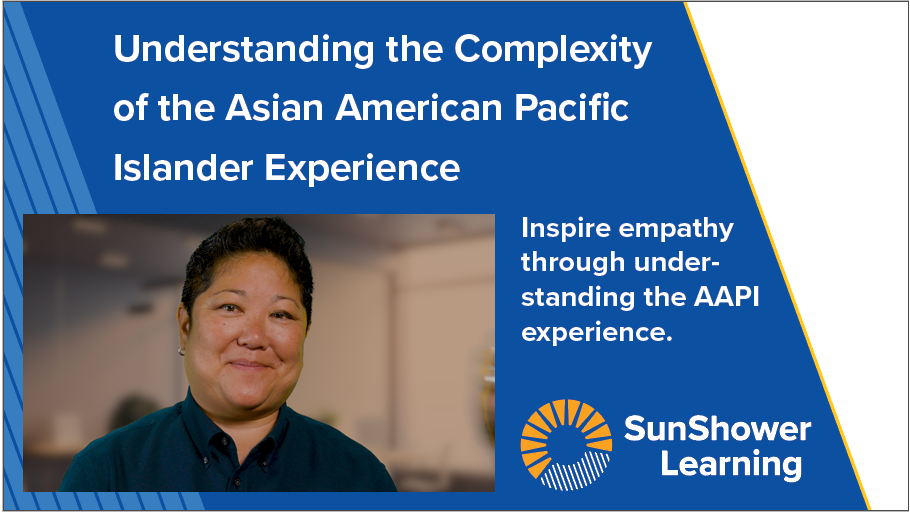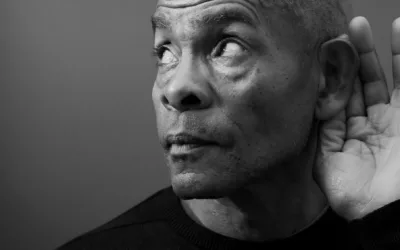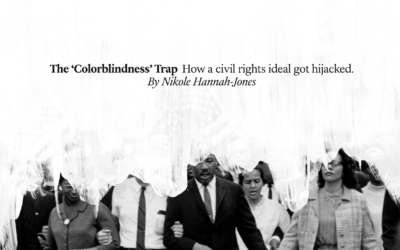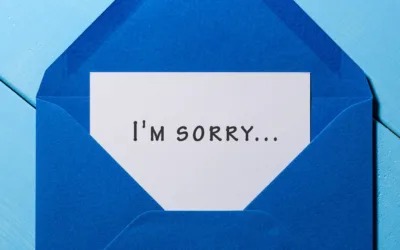On Being Consciously Inclusive

Rhodes Perry, in his book, “Belonging At Work” outlines everyday actions you can take to cultivate an inclusive organization. He writes, “An inclusive leader communicates the feeling of belonging by offering their stakeholders a sense of purpose. They have the ability to connect their organization’s mission and values to those they lead, and they ignite a sense of meaning for each and every stakeholder.”
Here at SunShower, we share Perry’s perspective on the need for belonging. Everyone is familiar with the research about salary as being only one of the factors that employees consider. They also want to be valued and want to belong to the mission. What a surprise! Being valued, respected and made to feel like you belong is a head and feeling thing. It requires emotional intelligence.
As Jonathan H. Westover writes in Forbes “As we strive to become consciously inclusive leaders, I believe it is important to acknowledge that it isn’t rocket science. In fact, it is quite the opposite; often it is rather commonsense approaches that can help us be more inclusive. In large part, it is simply a matter of consistently treating yourself and everyone around you with dignity and respect.
Everything you do should demonstrate your awareness and understanding of the ambiguities, messiness and complexities of the world around you. Help those on your team understand and feel that you sincerely see them and hear them; that they are truly valued, needed and wanted; and that they have a meaningful opportunity to contribute to the organization’s successes and future strategic trajectory. Make your organization a place where everyone wants to be and where they can flourish.”
We invite you to consider our Defeating Unconscious Bias and Inclusion in Action courses – leaders can work on their own implicit biases and then learn and practice 9 skills for inclusion. The Inclusion in Action elearning course is a foundational course that can start your DEI journey, or accelerate your learning as an organization.
More From Our Blog…
My Mid-September Reflections
A moment of reflectionAs I sat down to write this email, I found myself scrolling through the mailing list and recognizing so many names—people I’ve had conversations with that still stand out. Whether it was about Ouch!, purchasing a license or discussing trends in...
The Great Detachment: Why Employee Engagement is at Risk—Especially for Gen Z
As described in a recent article entitled, “The Great Detachment is looming for employees, experts warn—especially for Gen Z” by Lindsay Dodgson, employee disengagement is becoming an increasingly critical issue for companies worldwide. With a staggering cost of over...
Understanding Employee Responses to DEI Initiatives: Insights and Strategies
A recent study sheds light on a previously underexplored aspect of DEI training. While much focus has been placed on the facilitators, trainers and the content of DEI programs, this study examines how employees actually respond to the training. Published in Harvard...
SHRM’s Removal of “Equity” From DEI Framework: A Step Backwards Amid Growing Backlash
In a stunning step in the wrong direction, the Society for Human Resources Management (SHRM), the world’s largest HR association, has removed “Equity” from its “IE&D” framework. What message does this send, especially amid strong pushback against Diversity, Equity...
Navigating the Shifting Landscape of Diversity, Equity and Inclusion Programs
In the midst of the evolving landscape of corporate diversity initiatives, there's a seismic shift underway. The once-prominent acronym "DEI" - representing diversity, equity and inclusion - is notably absent from many company discussions. As explained in the article...
A Groundbreaking New Course: Understanding the Complexity of the Asian American Pacific Islander Experience
With over two decades of experience in the educational sector, Hideko Akashi, founder and lead consultant at Liberation Consulting, has been a steadfast advocate for diversity, privilege, social justice, inclusion and equity. Now, she's opening a new chapter with the...
The Deafening Silence of DEI Allies: A Call to Action in Troubled Times
As we commemorate the legacy of Rev. Dr. Martin Luther King Jr., his poignant words echo through the corridors of history, reminding us of the profound impact of silence in the face of injustice.” In the end, we will remember not the words of our enemies, but the...
DEI LEAP: Empowering Leaders Through Turbulent Times
DEI LEAP: Empowering Leaders Through Turbulent Times As we all know, 2024 has brought a wave of attacks against DEI. A handful of outspoken critics, such as Elon Musk, are misrepresenting DEI and attacking the strategies and practices that are creating more equitable...
The Colorblindness Trap
Read. This. Article. It's important. The Color Blindness Trap: How a civil rights ideal got hijacked Nikole Hannah-Jones is a domestic correspondent for The New York Times Magazine focusing on racial injustice. Her extensive reporting in both print and radio has...
The Unbearable Lightness of the “I’m Sorry if You Were Offended” Apology
Have you ever come across that non-apology apology? You know, the one that goes, "I’m sorry if you were offended," or its close cousin, "I’m sorry that you…" These non-apologies aren't just weak; they can actually inflict more harm and exacerbate hurt feelings. They...

